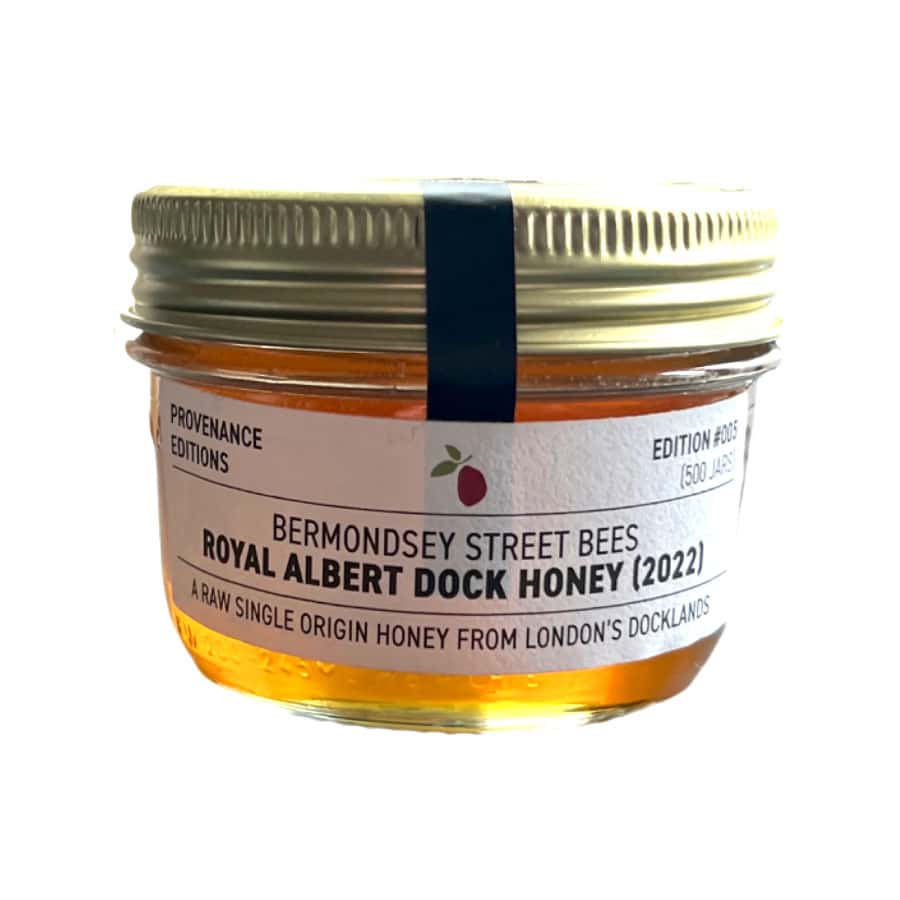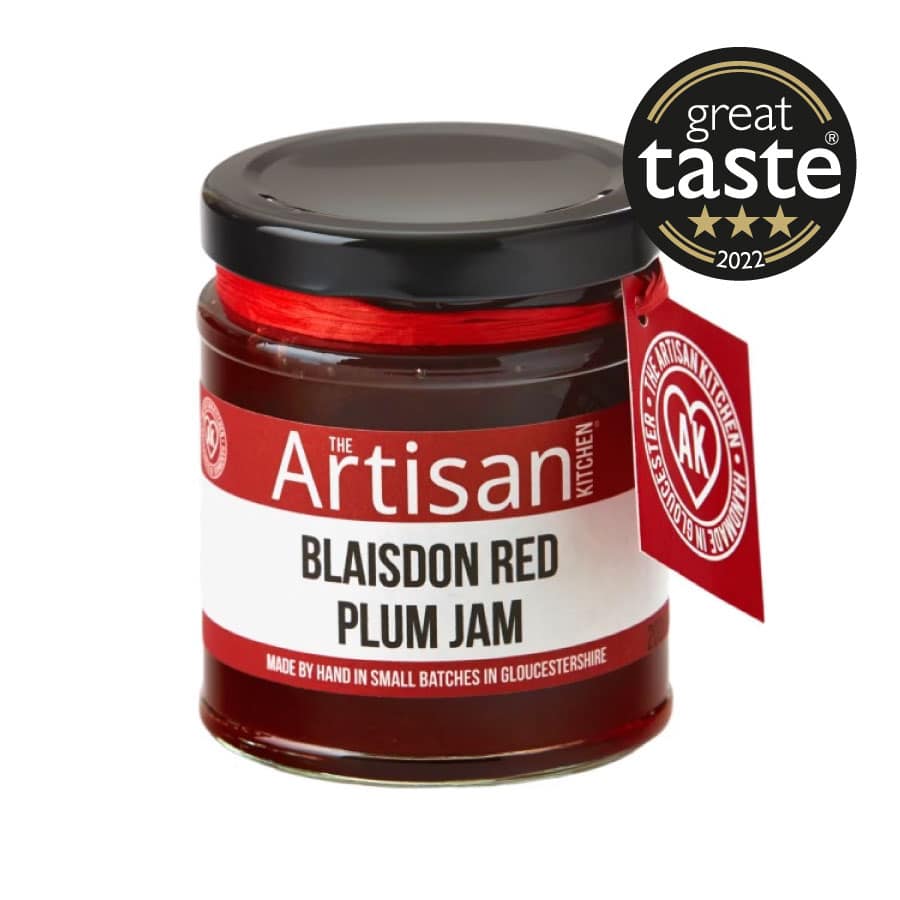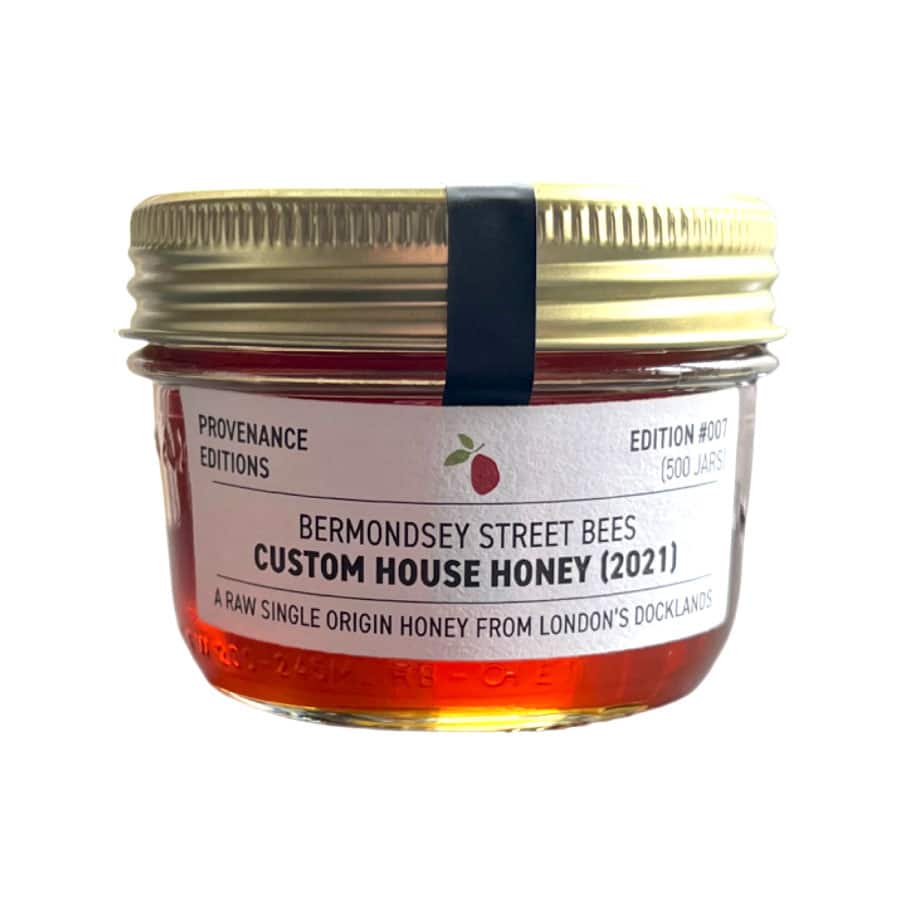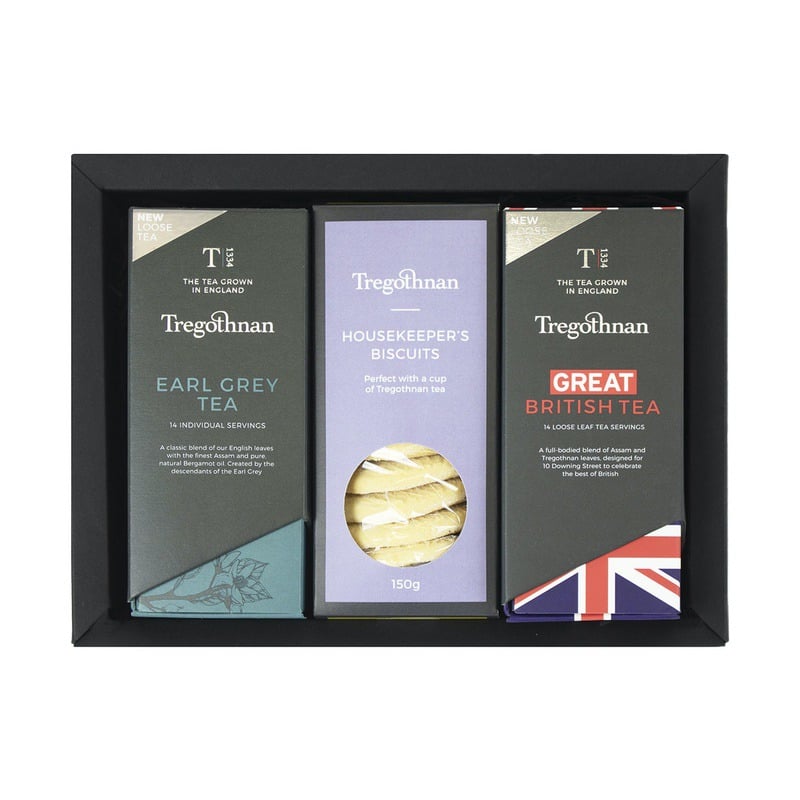Author
JOSH HOPPEN PROVENANCE HUB
LAST UPDATED
28th AUGUST2020
READING TIME
APPROX7 minutes
INTRODUCTION
Groups who focus on natural conservation and regeneration come in all shapes and sizes. Many of us are familiar with major charities working to support threatened wildlife, but there are countless smaller organisations who work with and on behalf of local communities to protect their environments.
From a family of recognised nature explorers and conservationists, Philipp Kauffmann is the founder and chief grower of Original Beans, an award-winning chocolate company that funds and drives conservation projects at the origin of each of their rare cacao beans. Philipp confesses his dislike of ‘corporate grand talk of change that is rarely met by sincere action’, and the plethora of multinational confectionery companies that benefit from public goodwill and subsidies ‘without standing up to protect our health, our farmers, our planet.’
And this is at the heart of all that Original Beans seeks to address, as well as of course producing wonderfully tasting chocolates. Founded in 2008 with the goal of being ‘a 100% regenerative company that returns more to nature than it takes’ inviting consumers to ‘taste the rare and preserve it’ we wanted to understand how the drive and dedication of one man, and his relationship with the cacao bean, has led to enormous gains for conservation of our natural world and its stewards in some of the world’s harshest environments.

‘there really is no tree product more charismatic and regenerative than cacao, and aside from the delicious end product, the regions in which it grows are sadly beset with all sorts of environmental and developmental challenges’
FAMILY TRADITIONS
Philipp represents the seventh generation in a line of recognized nature conservationists. His relation Georg Ludwig Hartig helped coin the term ‘sustainability’ when in 1791 he wrote that ‘any wise forest management must use the forest in such a way that generations thereafter can draw at least as much advantage from it as the presently living generation has.’
After leaving the UN in 2008, Philipp began exploring regenerative business models, and understood that healthy forests can meet so many shared environmental challenges. From species decline to extreme weather events, to poverty and conflict, keeping forest and woodlands healthy across the planet is hugely advantageous to our environment.
For Philipp, ‘there really is no tree product more charismatic and regenerative than cacao,’ and aside from the delicious end product, the regions in which it grows are sadly beset with all sorts of environmental and developmental challenges. Worse still, chocolate as we know it has little to do with the cacao at source, and the mass market of chocolate production rarely benefits the growers. Philipp started to think about ways to have a direct impact on these regions through finding and preserving the world’s rarest cacaos and simultaneously supporting initiatives that can help communities.

‘the problem that many of us feel is our limited ability to have an impact on conservation without being on the ground… engagement dwindles and advocacy drops the further you get away from the issue.’
VALUE CHAINS AND ENGAGEMENT AT HOME
While working for the UN, Philipp recognised the problem that many of us feel, our limited ability to have an impact on conservation without being on the ground, ‘for consumers, engagement dwindles and advocacy drops the further you get away from the issue’. This understanding drove him to create the Original Beans ‘One Bar : One Tree’ programme, bringing people closer to the source of what they’re eating. So far, the programme has grown millions of trees across cacao-producing regions to physically give back to the earth what we consume. Tree planting efforts are carefully managed to help the growers and their families too, as well as protecting and preserving wildlife under threat. The results of this creates that direct consumer connection to not only what they are eating, and a new appreciation cacao, but also to the direct impacts each purchase has on local conservation projects and communities.
In Philipp’s view ‘by engaging consumers in this way, it means they enter into the overall value chain’. An economist by training, he also recognises the value of encouraging the alignment of values among everyone who engages with Original Beans. From the subsistence cacao grower in the remote rainforests of Bolivia, to the best chefs in the world, to the customer who buys the delicious chocolate, everyone who participates subscribes to certain ideals – sustainability, regeneration, preservation, and excellence. One Bar : One Tree invites the final consumer into joining with these intrinsic values too.
Philipp’s and the Original Beans project has been welcomed by many cacao growers in the regions where they work. There are opportunities with cacao production, in terms of knowledge and economics, and Philipp has seen that these have been taken up particularly by younger generations. He notes that most of their growers are farmers by dint of necessity; they had no other choice but to live by the land. Yet shared beliefs in conservation and protecting the forests are mutual across the whole value chain.

‘the more you know about the the chocolate and its cacao, down to the community or village that is responsible for the cacao, the more powerful the preservation efforts’
PRESERVATION THROUGH STORYTELLING
Philipp is a passionate storyteller, something he and his team bring with every Original Beans variety of chocolate – each one with its own a story to tell. Behind the elegant packaging and luxurious chocolate lie powerful stories of how sustainable cacao production is helping communities in some of the most deprived regions on earth.
By working with growers directly, paying them more and supporting conservation initiatives, Original Beans has started to challenge the issues created by the mass market for chocolate. Philipp shares Provenance Hub’s belief that the more you know about the product – down to the community or village that is responsible for the cacao – the more powerful the preservation efforts. He cites the example of working with the Arhuaco tribe in Northern Colombia as not only exciting for the exquisite chocolate made from their rare beans, but also as a discovery process of how to best care for their ancestral lands and for him to learn from the tribes unique and harmonious relationship with nature.

‘if you go further than the 5-10% Fairtrade adds on to world cocoa prices, you can provide better incentives for quality, sustainable production methods’
REGENERATION THROUGH DATA AND INNOVATION
One of the most crucial pillars for any conservation organisation is how it measures its progress. Some NGOs use economic metrics to demonstrate development, others use animal numbers or hectares of land to show the impact they have. Original Beans measures its progress in becoming a 100% regenerative company with its own unique monitoring system designed in collaboration with PwC and CarbonRoots. Here measurements of many different kinds are made at the ‘origins’, then collated at Original Beans HQ in Amsterdam. Reporting is through a tree tracker and Chocolate Foodprint. In an industry which is notorious for exploiting growers and the environment, Original Beans is pioneering ways to drive more relevant and detailed regeneration data.
The Chocolate Foodprint is an innovation that measures impacts in a systematic way. By quantifying the main sustainability metrics in a concise manner, Original Beans is able to dedicate resources where they are needed most. For example, these measurements have demonstrated that when it comes to cacao farming, if you go further than the 5-10% Fairtrade adds on to world cocoa prices, you can provide better incentives for quality, sustainable production methods, and build a far more secure future for the 5,000 regional growers that Original Beans works with.
Furthermore, all growers are independently audited by Original Beans, helping them calculate their carbon footprint. With this data, they can calculate the amount and costs of the required carbon offset, and communicate their own climate leadership too. And the innovation doesn’t stop at the origins, it continues all the way down the supply chain. By launching bars with garden-compostable packaging, the negative impact on the environment and human health is reduced by over 80% compared to conventional chocolate packaging. In fact Original Beans was the first to offset all emissions it its own supply chain, meaning that the entire product range is fully CO2 negative and climate positive.
Philipp’s journey with Original Beans continues, and he has built and grown a committed and passionate team, who share his values – his ‘Bean Team’ in the Netherlands HQ and across cacao-producing regions. With continued innovation and investment in preserving the rare, Original Beans conservation efforts will continue to flourish, have real, measurable impact at the origins and of course create some pretty fine chocolates as well.







